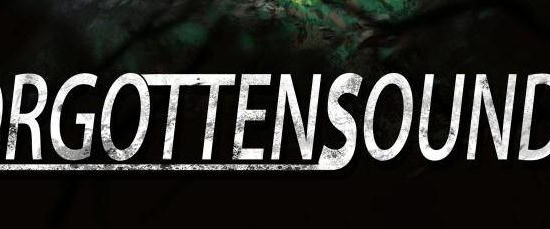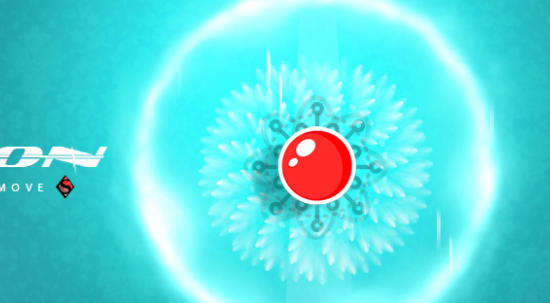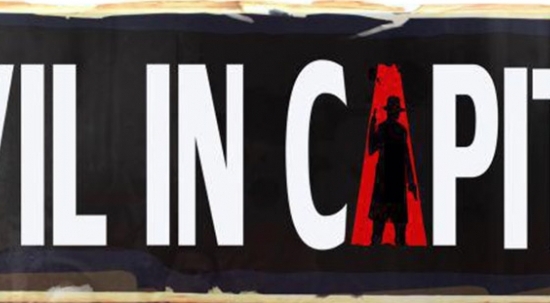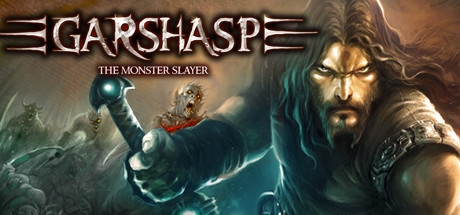
Iran, known mostly in the West for its grim political and religious restrictions, has a burgeoning video game industry that is poised for growth as international sanctions are lifted in the wake of the international nuclear deal with Iran.
Iran has about 20 million video gamers, which represents about a quarter of the total population, according to the Iran Computer and Video Games Foundation. It’s notable that 60 percent of Iran’s population of 80 million is under 30 years of age.
With more than 38 million Internet users, more than half of them gamers, Iran “is the largest growing video games market in the Middle East,” the foundation said.
Games feature missile strikes
Iran’s video game industry is best known in the West for propaganda-driven warfare games such as Missile Strike, a 2015 release in which the Iranians break through Israel’s air defense system and launch missile strikes on Israeli targets, and Attack on Tel-Aviv, a 2011 release that simulates an Iranian military mission to the Israeli capital.
Iranian developers have said they created these games in response to a Battlefield 3, a game that simulates an invasion by United States forces in Tehran to search for the leader of a terrorist group and to look for nuclear weapons. Battlefield 3 was developed in Sweden and published in California.
“The reason we explicitly depict an attack on Israel is that they too are explicitly depicting attacks (on Tehran) in Battlefield,’’ Missile Strike developer Mehdi Atash Jaam said.
Popular games draw on Iranian mythology
Such militaristic games attract funding from conservative elements in the country. However, by many accounts, the most popular video games in Iran draw on the country’s rich history and culture rather than its contemporary international posturing.
For example, the popular Garshasp: The Monster Slayer, is drawn from Persian mythology. In Garshasp, released in 2010, the mythical hero with a hand blade fights in a series of epic battles against the evil Deevs who are trying to create an empire.
The game, created at a cost of $400,000 has sold more than 300,000 copies domestically.
A highly acclaimed 2014 release, Parvaneh: Legacy of the Light’s Guardians, features indigenous Iranian culture and promotes an Islamic lifestyle. It sold 85,000 copies in its initial release.
Most gamers are under 24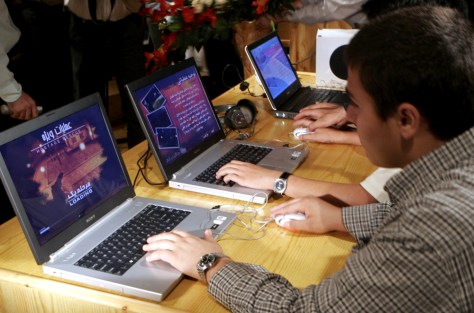
Clearly, there is an appetite for video games in Iran, especially among young people who make up such a large share of the total population. A survey by Techcrunch found that 67 percent of video gamers on mobile devices were under 24 and 80 percent were unmarried. Two-thirds play mobile games several times a day with the highest interest in action and strategy games followed by sports, racing and puzzles.
Since video game production began in Iran almost a decade ago, nearly 100 game studios have been established.
However, international sanctions have hurt Iran’s fledgling video gaming industry.
Developers have been unable to license their work and have limited ability to market it internationally.
Pirated games undermine domestic developers
While their games are relatively inexpensive, less than $10, the Iranian developers are often undercut by pirated versions of Western-produced games that have better production values yet cost only a few dollars.
When the prices are similar for one product developed by dozens of people at a cost of millions of dollars while another is developed at much lower cost by a small Iranian studio, “this makes for unfair competition,” said Mehrdad Ashtiani, production deputy at Iran Computer and Video Games Foundation.
Foundation provides funding and support
The foundation was established in 2007 with a gold of fostering the video game industry by providing funds and helping developers navigate government censorship restrictions.
Games such as Garshasp might not have been made but for foundation assistance.
The foundation also established a system for rating content and age appropriateness of digital content, including video games.
In January, the Iranian video game industry got some good news. United States and European officials lifted some of the harsher economic sanctions, which should open Iran to more investment from technology companies and video game publishers.
http://africa-me.com/irans-video-gaming-industry-poised-for-action/

